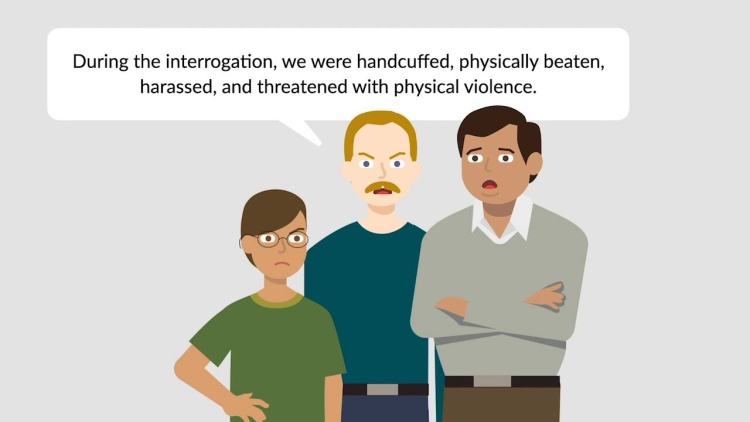Kedra v. City of Philadelphia
United States District Court for the Eastern District of Pennsylvania
454 F. Supp. 652 (1978)
- Written by Matthew Carney, JD
Facts
In a series of events that took place over the course of a year and a half, police officers employed by the City of Philadelphia (defendants) allegedly committed various unconstitutional acts against members of the Kedra family, including arrests without probable cause, interrogations lasting some seventeen hours, violent beatings, illegal searches of their home, unlawful detentions, and other types of harassment. The Kedra family sued the police officers, the commissioner, the City of Philadelphia, and others (defendants) under 42 U.S.C. § 1983 for violations of their civil rights. The named plaintiffs are Delores Kedra (Kedra); her children Elizabeth, Patricia, Teresa, Kenneth, and Joseph; and her son-in-law Richard Rozanski (plaintiffs). In addition, Kedra sued on behalf of her minor children, Michael, Robert, and James. The complaint alleged violations of the First, Fourth, Fifth, Eighth, and Fourteenth Amendments to the United States Constitution, as well as articles of the Pennsylvania Constitution. The defendants moved to dismiss the claim on two grounds: (1) Kedra did not have standing to sue on behalf of her minor children and (2) the defendants were improperly joined.
Rule of Law
Issue
Holding and Reasoning (Luongo, J.)
What to do next…
Here's why 905,000 law students have relied on our case briefs:
- Written by law professors and practitioners, not other law students. 47,100 briefs, keyed to 995 casebooks. Top-notch customer support.
- The right amount of information, includes the facts, issues, rule of law, holding and reasoning, and any concurrences and dissents.
- Access in your classes, works on your mobile and tablet. Massive library of related video lessons and high quality multiple-choice questions.
- Easy to use, uniform format for every case brief. Written in plain English, not in legalese. Our briefs summarize and simplify; they don’t just repeat the court’s language.








